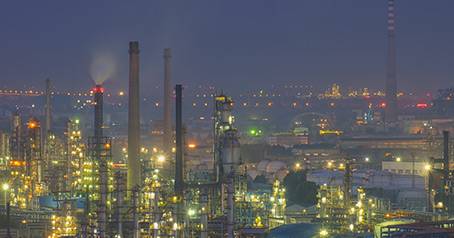Sep . 25, 2024 10:01 Back to list
High-Density Polyethylene Pipes for Efficient Agricultural Irrigation Solutions
The Advantages of HDPE Agriculture Pipes
High-Density Polyethylene (HDPE) pipes have emerged as a game-changer in the agricultural sector. Known for their durability, flexibility, and resistance to various environmental factors, HDPE pipes offer numerous advantages that support efficient farming practices.
The Advantages of HDPE Agriculture Pipes
Moreover, HDPE pipes are resistant to UV radiation, which means they do not lose their strength or become brittle under sunlight. This quality allows them to be used in open fields without the fear of deterioration over time. The flexibility of HDPE pipes also makes them easier to install and maneuver around obstacles in the field. They can be bent and shaped to fit the specific needs of a farm layout, reducing the need for additional fittings and connections and further decreasing installation time and costs.
hdpe agriculture pipe

Another significant advantage of HDPE pipes is their lightweight nature, which simplifies transportation and handling. Farmers no longer need heavy machinery to lift and position these pipes, making installation a more straightforward and cost-effective process. Furthermore, HDPE pipes have a smooth interior surface that reduces friction, allowing for higher flow rates and lower energy consumption when pumping water, which is particularly beneficial in irrigation systems.
When it comes to environmental sustainability, HDPE pipes are a top choice. They are 100% recyclable and can be reused when they reach the end of their life cycle. This aspect aligns well with modern agricultural practices that emphasize sustainability and responsible resource management. By utilizing HDPE pipes, farmers can reduce their carbon footprint and contribute to a more sustainable agricultural system.
In summary, HDPE agriculture pipes stand out as a superior option for modern farming needs. Their resistance to corrosion and UV damage, coupled with their flexibility, lightweight design, and environmental sustainability, make them an ideal choice for irrigation and drainage systems in agriculture. As the agricultural industry continues to evolve, embracing advanced materials like HDPE will be vital in enhancing productivity and sustainability, ensuring a brighter future for farming.
-
High-Quality PPR Pipes and Fittings Durable ERA PPR & PVC PPR Solutions
NewsJul.08,2025
-
Black HDPE Cutting Board - Durable, Non-Porous & Food Safe HDPE Plastic Cutting Board
NewsJul.08,2025
-
High-Quality CPVC Panel Durable HDPE & PVC Panels Supplier
NewsJul.08,2025
-
Double PE Welding Rod Supplier - High Strength, Durable & Versatile Welding Solutions
NewsJul.07,2025
-
High-Quality PVC-O Pipe Supplier Durable 75mm PVC Pipe & Connections Leading PVC Pipe Company
NewsJul.07,2025
-
HDPE Drainage Pipe Supplier – Durable & Corrosion-Resistant Solutions
NewsJul.06,2025

